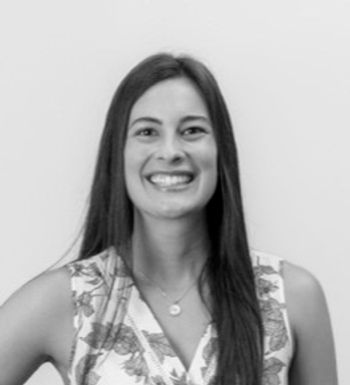Stanford to host Academic Freedom Conference
The Stanford Graduate School of Business is sponsoring an Academic Freedom Conference to be held November 4-5.
The speakers at the conference hope to shed light to the important issues of free speech, academic freedom, and open inquiry.
The Stanford Graduate School of Business is sponsoring an Academic Freedom Conference to be held Nov. 4-5.
According to the conference description, the gathering “aims to identify ways to restore academic freedom, open inquiry, and freedom of speech and expression on campus and in the larger culture and restore the open debate required for new knowledge to flourish.”
“The conference will focus on the organizational structures leading to censorship and stifling debate and how to repair them,” it continues.
Speaker Elizabeth Weiss, Professor of Anthropology at San José State University, described the conference to Campus Reform as “unique in that it has people who study academic freedom, who fight for academic freedom, and who have experienced an attack on their academic freedom. I would say that I fall into that last category.”
[RELATED: WATCH: Student leader defies cancel culture]
Weiss is passionate about the topic of academic freedom because she has faced cancel culture head on.
In the last two years, Weiss has had an attempt to ban her book Repatriation and Erasing the Past, a speech she gave for the Society for American Archaeology conference in 2021 ignited controversy, and her own university locked her out of a research facility.
All of this was in response to her views questioning the practice of repatriation, the returning of remains kept in museums and other facilities to their original burial grounds or communities.
Weiss explained to Campus Reform that “[r]epatriation may seem like a niche topic relevant only to those studying skeletal remains, artifacts, or those wanting to bury these materials, but repatriation is not just the burying of human remains and funerary objects. It is a postmodern identity-driven ideology that places ‘victim’ narratives above scientific truths.”
[RELATED: WATCH: Students come out against cancel culture: statues edition]
Speaker Lee Jussim, Professor of Psychology at Rutgers University, feels passionately about freedom in academics, as well.
Jussim told Campus Reform he was “passionate about academic freedom…[b]ecause, I try to be a scientist, and the only way to find out things that are actually true is through free and open inquiry without fear of punishment, including both formal punishments (like firings, loss of positions, etc.) and social punishments, such as public humiliation and ostracism.”
Campus Reform also spoke with Dorian Abbot, Associate Professor of Geophysical Sciences at the University of Chicago and presenter at the conference.
“I will speak about the importance of the Chicago Principles (being hurt or offended isn’t a reason to stop someone’s speech on campus), Kalven report (the institution must maintain neutrality on social and political issues), and Shils report (academic hiring must be made on the basis of academic considerations alone),” Abbot explained.
He continued, “I will then discuss ways to get these principles adopted at all universities. This will require effort from faculty committed to academic freedom and possibly government involvement, for example by conditioning federal funding on adopting and enforcing these principles.”
The speakers at the conference hope to shed light to the important issues of free speech, academic freedom, and open inquiry.
Campus Reform contacted every organization listed for comment. This article will be updated accordingly.

